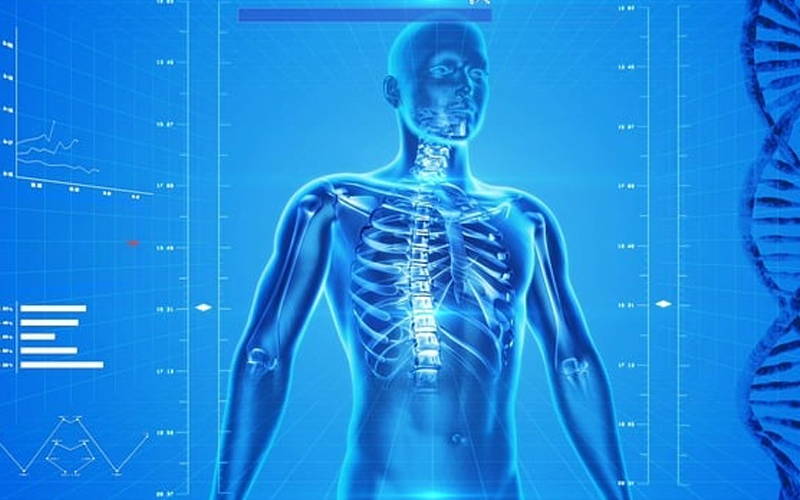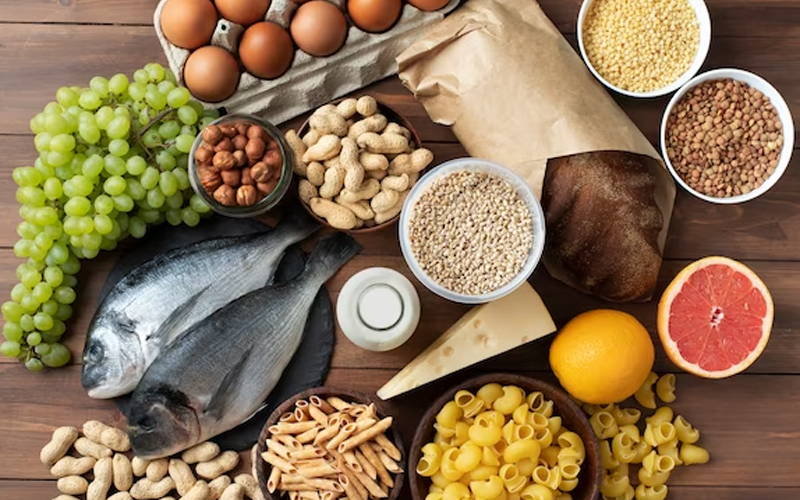Did you know that a single, vitamin-like substance found in our cells plays a crucial role in energy production, antioxidant protection, and even gene regulation? Structure of Ubiquinone - this powerful compound is called Coenzyme Q10 (CoQ10), and it is present in almost every cell of the human body. So, what makes this molecule so special, and how can it potentially improve our health and even extend our lifespan? Let's dive into the fascinating world of CoQ10 and discover its chemical name for ubiquinone, structure, sources, and numerous health benefits.
In this comprehensive blog post, we will explore the role of CoQ10 in the human body, touching on its involvement in energy production, antioxidant properties, and gene regulation. We will then discuss the various sources of CoQ10, including food and biosynthesis, and delve into its chemical composition. Finally, we will examine the potential health benefits of CoQ10 supplementation in relation to cardiovascular, neurological, and cancer treatment, as well as its potential impact on lifespan.
Short Summary
- Ubiquinone, or CoQ10, is an essential component of human cells involved in energy production and antioxidant protection.
- Sources of Coenzyme Q10 include dietary intake from oily fish, organ meats and whole grains, as well as biosynthesis from tyrosine and acetyl-CoA.
- Potential benefits of CoQ10 supplementation include improved cardiovascular health, neurological health and cancer treatment. It may also help reduce oxidation & DNA damage to extend lifespan.
Structure of Ubiquinone in the Human Body

Energy Production
Antioxidant Properties
Gene Regulation
Sources of Coenzyme Q10

Fish Varieties
Other Food Sources
Biosynthesis
Chemical Composition of Ubiquinone

Oxidized Form
Reduced Form
Interconversion
Health Benefits of CoQ10 Supplementation

Cardiovascular Health
Neurological Health
Cancer Treatment
Addressing CoQ10 Deficiency

Age-Related Decline
Statin Intolerance
Mitochondrial Disorders
Potential Impact on Lifespan











